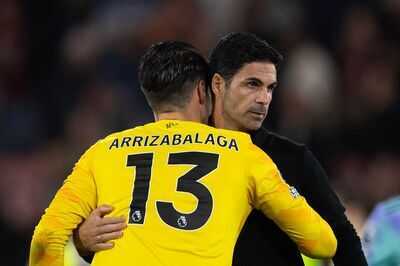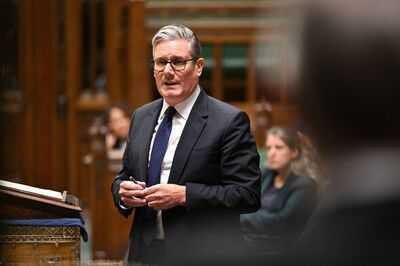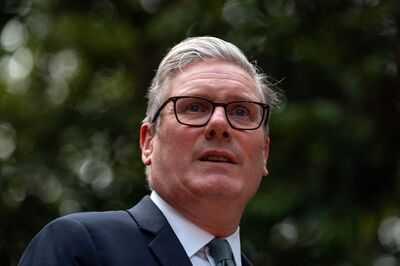
Iran's Stance on Nuclear Talks
Abbas Araghchi, the Iranian Foreign Minister, has indicated that a swift return to nuclear discussions with the United States is unlikely, despite President Trump's comments hinting at a potential restart of negotiations this week. This statement was made during an interview on CBS Evening News, coinciding with a joint declaration from the G7 foreign ministers advocating for renewed talks aimed at limiting Iran's nuclear ambitions.
The dialogue between Iran and the US was ongoing when Israel initiated strikes on Iranian nuclear and military facilities. Following this, the US also targeted key sites, including Fordow, Natanz, and Isfahan, on June 21.
Iran asserts that its nuclear program is intended for peaceful purposes, while the US and Israel maintain that their goal is to prevent Iran from developing nuclear weapons. Araghchi emphasized that Iran would only consider re-engaging in talks if it received assurances against further military actions during the negotiation process.
He stated, "For us to decide to reengage, we must first ensure that America will not revert to military attacks during negotiations." He added that more time is needed, but reassured that "the doors of diplomacy will never slam shut."
The Trump administration is seeking to revive discussions with Tehran after withdrawing from the 2015 nuclear agreement during Trump's first term, which had limited uranium enrichment to 3.67% in exchange for sanctions relief. Following the US exit, Iran escalated its enrichment levels to 60%, still below weapons-grade but exceeding civilian use.
Trump has claimed that US military actions have significantly damaged Iran's nuclear capabilities, with senior officials suggesting that it would be nearly impossible for Iran to restore its atomic program. Araghchi countered this assertion, stating, "One cannot obliterate the technology and science for enrichment through bombings. If we have the will, we can quickly repair the damages and recover lost time."
Tensions have reportedly risen between Iran and the International Atomic Energy Agency (IAEA), with Iran stating that inspectors will only be allowed back once they secure the bombed nuclear sites. Iran has halted cooperation with the IAEA, which President Masoud Pezeshkian criticized for its "destructive" behavior.
In the meantime, the G7 foreign ministers have welcomed the ceasefire between Iran and Israel and reiterated their call for renewed negotiations.
They stated, "We urge the resumption of negotiations leading to a comprehensive, verifiable, and lasting agreement addressing Iran's nuclear program," while also calling on all parties to refrain from actions that could further destabilize the region.
-
Arsenal confirm first summer signing for Mikel Arteta as Andrea Berta opens transfer floodgates

-
Keir Starmer's welfare cuts narrowly pass as MPs left furious and authority left shattered

-
Rod Stewart pens emotional 4-word update as tearful Glastonbury fans rush to support him

-
BREAKING: Keir Starmer suffers major rebellion on watered-down DWP benefit cuts

-
BREAKING: Santander agrees £2.65bn TSB takeover sparking job loss and branch closure fears
